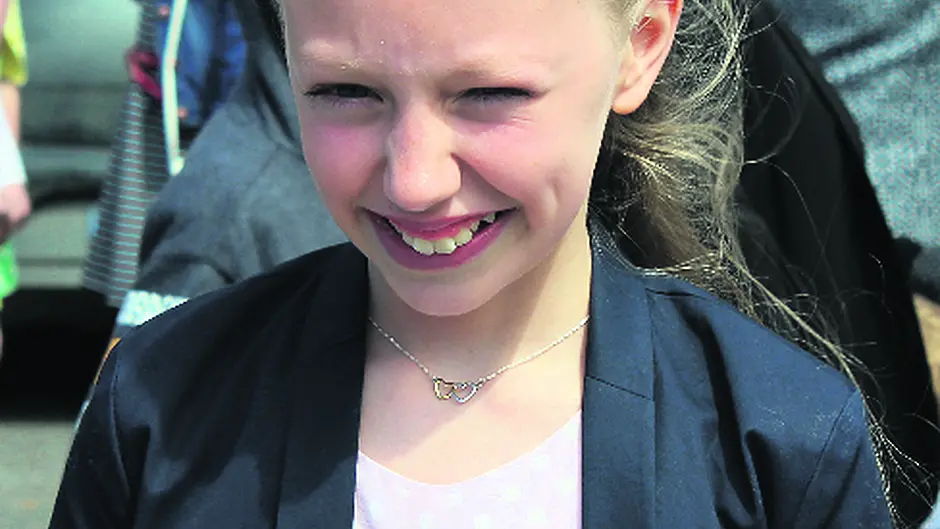Sarah Fitzgerald (12) from Kinsale, shares her thoughts on the 1916 Easter Rising, how it’s remembered and what we can learn from it
This, the centenary of the 1916 Easter Rising is a time to take stock, remember our past, and see how far we’ve come, and a question many people are asking is should we commemorate or celebrate?
We are commemorating this event rather than celebrating it because so many people lost their lives and we must remember them. We remember how they were brave and heroic figures.
The children caught up in the Rising were forgotten until broadcaster Joe Duffy published a book called The Children Of The Rising recently. There were over 40 children who died – the oldest was 16 and the youngest being an unidentified baby infant.
Everyone is remembering the seven signatories to the Proclamation, who are obviously so important, but we also need to remember the women and children involved. For example, Elizabeth O’Farrell was a nurse. She was responsible for carrying the note of surrender to General Lowe. She was actually put into jail after this for taking part.
I find it interesting that the rebels actually failed in their attempt to fight for freedom in 1916, yet lots of people think otherwise. The War of Independence began in 1919 and this led to the Anglo-Irish Treaty which led to the North-South division, which subsequently led to the Civil War. The Civil War started in 1922 and ended in 1923. The Irish Free State Army was better armed and organised, and the Irish Free state then turned into an Independent Republic in the 1930s. In outlining this, I am just trying to show that the events of 1916 were just part of a much bigger picture.
The centenary is bringing families closer together. I have spent a lot of time talking to my grandparents about 1916 and asking them what they remember from their parents and how they feel about it. It is great to talk about history, especially when we are now living in a digital world. We have spent so much time sitting at the kitchen table talking about the Easter Rising, how we feel about it, the Proclamation. If it does anything, it has brought families closer together because many parents and grandparents came along to the recent flag ceremonies at schools – great community events.
I have read many books on 1916, and I like that I have something in common with my grandparents. We have something to talk about that we are passionate about. Our opinions may be different but that makes for a good discussion.
The seven signatories of the Proclamation – Thomas J Clarke, Sean Mac Diarmada, Thomas MacDonagh, Padraig Pearse, Eamonn Ceannt, James Connolly and Joseph Plunkett – were ordinary men from different backgrounds, but all had a common goal which was the freedom of Ireland. I admire these men because they signed the Proclamation knowing it would make them responsible for everything, and they were willing to accept anything that would happen them as a result, including their execution.
100 years on I don’t think we should fight for what we want and believe in. Instead we should talk and use other methods of getting what we want. Should we learn from history? Yes. We should learn that to fight for your country is courageous and noble, but that we need to achieve change without people losing their lives.






